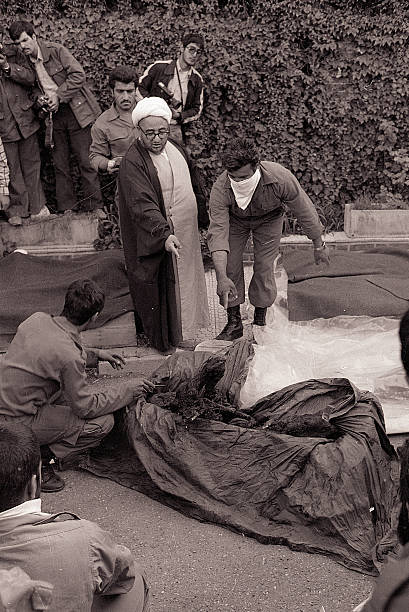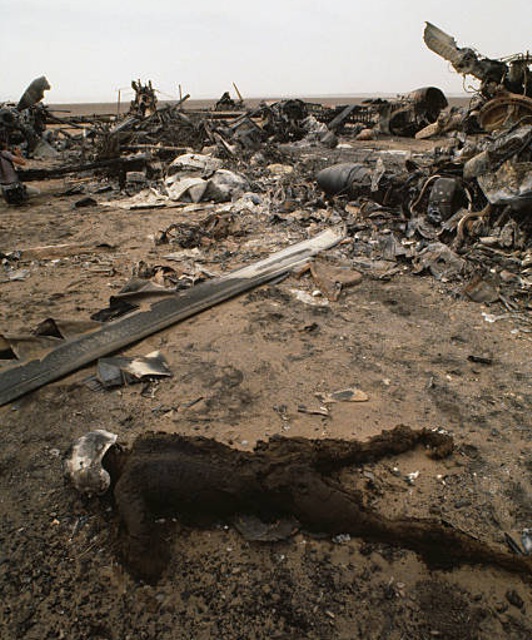How a Failed Mission Reshaped U.S. Power
Before Eagle Claw, coordination among the Army, Navy, Air Force, and Marines was fragmented. The mission’s collapse underscored the necessity for integrated planning and execution, paving the way for reforms like the Goldwater–Nichols Act of 1986, which mandated joint operational structures. The incident gave Ayatollah Khomeini and the revolutionary government a narrative of divine protection. They portrayed the botched rescue as proof that the Islamic Republic had divine legitimacy.
The regime used the event to rally around the revolution, silence moderates, and discredit any opposition that favored reconciliation with the United States. The failed operation hardened the negotiating stance. Rather than freeing the hostages quickly, the government kept them for leverage, stretching the crisis out for 444 days. The failure was closely watched by both allies and adversaries. The Soviet Union perceived it as a sign of American vulnerability, while U.S. allies questioned Washington’s reliability.
Counter and hostage rescue became central missions. Future operations, such as the 2011 raid that Osama bin Laden, were direct beneficiaries of the institutional reforms rooted in the Eagle Claw failure. For many Americans, the disaster deepened the sense of frustration and helplessness of the late 1970s. It became part of the narrative of U.S. decline that Reagan promised to reverse. On April 24–25, 1980, the U.S. launched Operation Eagle Claw, a mission to rescue 52 hostages held in the U.S. Embassy in Tehran after the Revolution.
The mission collapsed due to mechanical failures, desert storms, and a fatal helicopter–aircraft collision at the staging site in Desert One. The hostages remained captive until January 20, 1981. Public frustration deepened. For many, the U.S. government appeared indecisive, bureaucratic, and incapable of protecting its citizens abroad. Before 1980, the Army, Navy, Air Force, and Marines operated with little coordination in special missions. Eagle Claw exposed this flaw dramatically.






